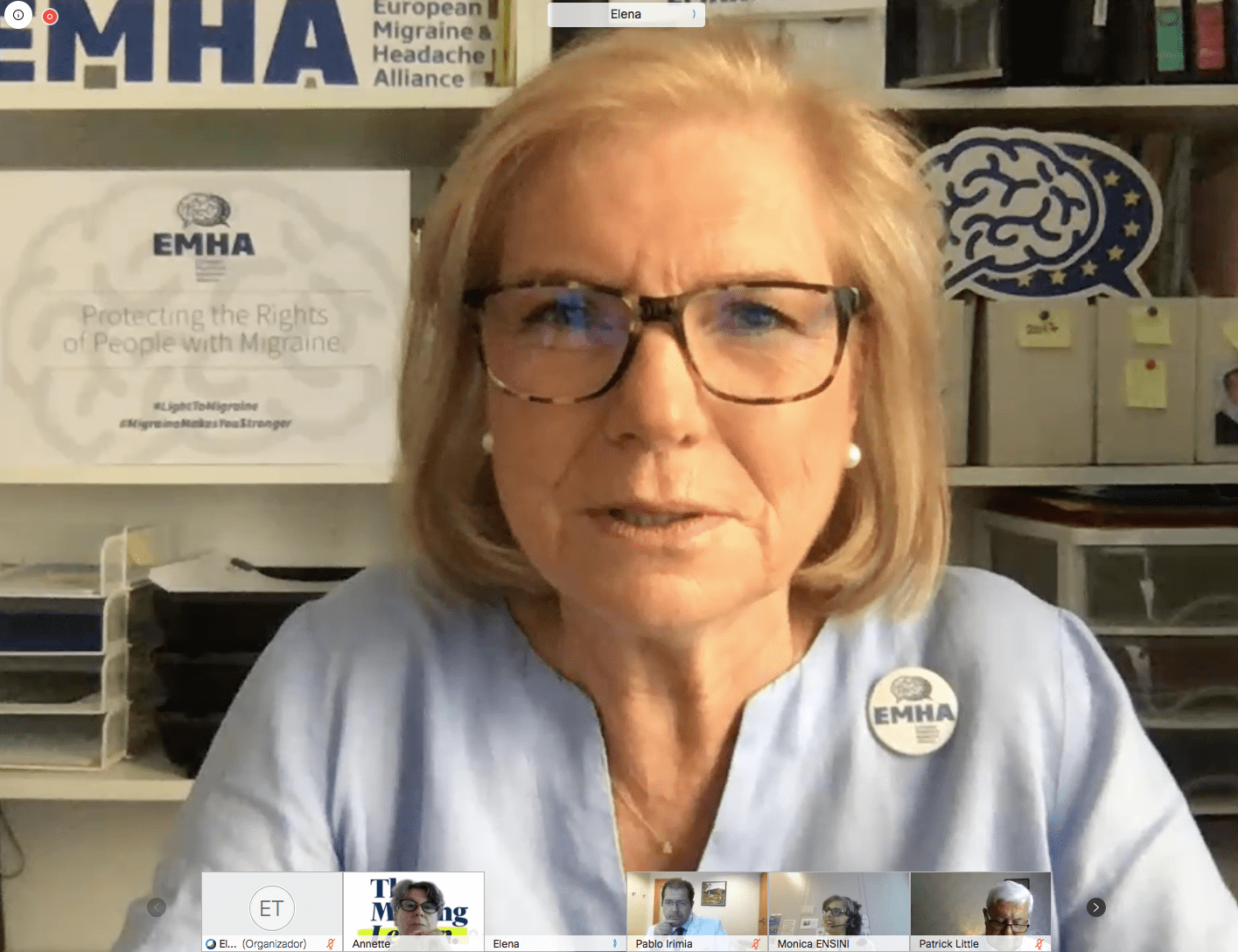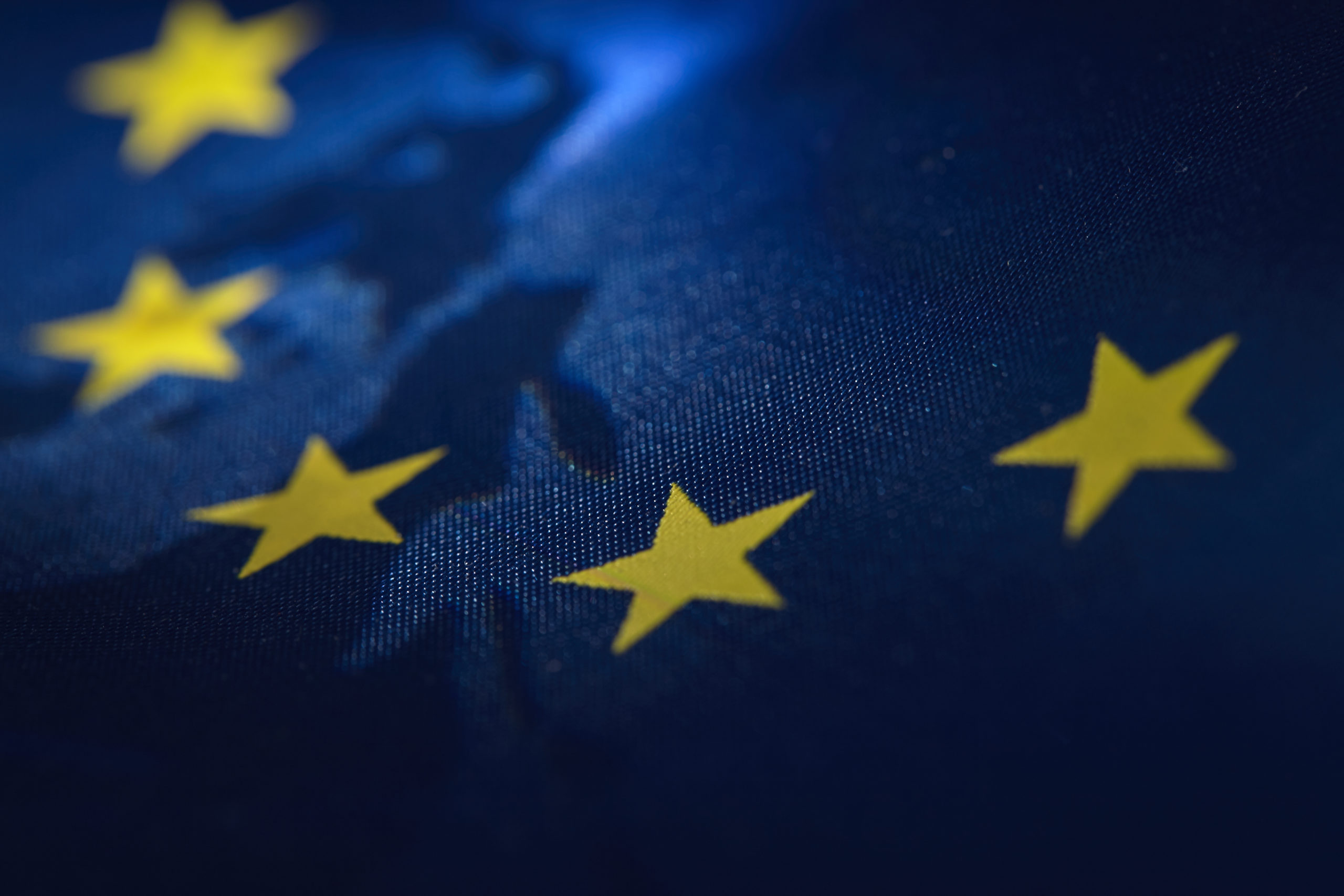
Aldo Patriciello hosted the webinar ” The Missing Lesson ” lead by EMHA inside the context of the Yearly European Migraine Day to expose the socio-economic burden of Migraine, its challenges and difficulties to diagnose and to treat as well as a Call to Action with political recommendations.
The document proposes a series of recommendations for the European Commission, the European Parliament and national governments.
For more information, Download the Call to Action Document here.
Call to Action for a comprehensive EU action on migraine
EUROPEAN COMMISSION
• Make migraine a EU health, social and research priority
• Ensure neurological disorders like migraine receive due attention in the Commission’s current and future work (gender equality, demographic change, pharmaceutical strategy, disability, education,social affairs)
• Include a ‘Brain Mission’ In Horizon Europe that also looks at migraine
• Dedicate a significant and long-term funding in neurological disorders medical and social research (Horizon Europe, IMI) to fill the migraine knowledge gap
• Ensure all Artificial Intelligence developments at EU level respond to the needs of people with migraine
• Ensure the implementation of the Work-Life Balance Directive positively affects the migraine community
• Ensure migraine is included in the delivery of the European Pillar of Social Rights and the European Semester
EUROPEAN PARLIAMENT
• Support the setting-up of a Migraine Alliance in the EP to raise awareness, influence policies and develop migraine initiatives
• Ensure migraine is enshrined in the EP work on disability, gender equality, demographic change, the pharmaceuticalstrategy
• Include migraine in the EP work on health (depression, pain, women’s health)
• Steer initiatives to better understand migraine, its development, how it affects society as a whole and how to improve the situation
• Help join forces to fight stigma associated with migraine
• Invite MEPs to be migraine ambassadors at EU and national level
NATIONAL GOVERNMENT
• Support migraine awareness campaigns to educate the public about the differences between migraine and headache
• Develop national migraine strategies with the involvement of migraine patient associations
• Ensure access to timely and quality diagnosis and access to available treatments
• Develop and support care pathways that fully address patients’ needs
• Improve the medical curriculum to dedicate sufficient time to headache disorders and migraine in particular
• Engage healthcare professionals to better diagnose migraine, discourage self-medication and drug overuse and direct patients to headache services
• Help break the stigma associated with migraine to empower people with migraine and society to be fully inclusive of people with migraine
• Adapt school and work-place legislation to give people with migraine equal opportunities to contribute to society
• Increase migraine research funding to better understand how the disease develops and affects patients and develop treatments
• Support migraine associations as key partners in awareness-raising, professional education, social support and drug development






